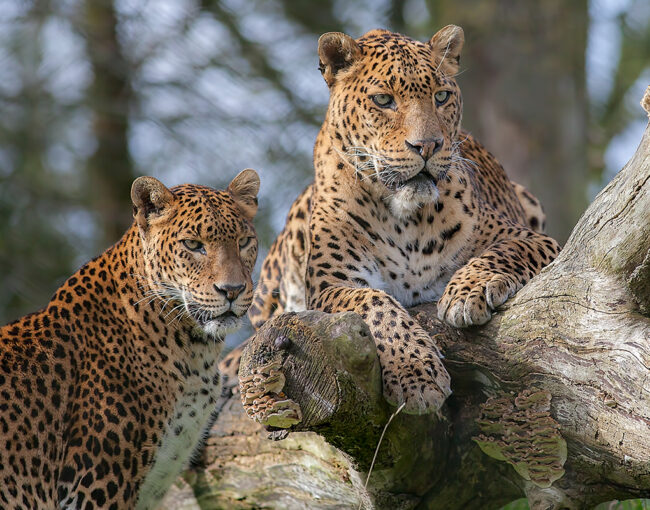The Role of Predators in Ecosystems
Predators hold a special place in the animal kingdom as apex controllers of ecosystems. Their presence affects not only prey populations but also the structure and diversity of entire habitats. Predators regulate species populations, prevent overgrazing, and maintain healthy ecosystems through a natural balance known as “top-down regulation.”
One of the most fascinating aspects of predator behavior is how they select their prey. Predators typically hunt the weakest, sickest, or oldest animals, thereby ensuring the health of the overall population. This “natural selection” process removes weaker genes from the gene pool, allowing prey species to evolve and strengthen.
A classic example of predator influence is the relationship between wolves and deer in North America. Before wolves were reintroduced to places like Yellowstone National Park, deer populations exploded, leading to overgrazing. Once wolves were reintroduced, deer numbers stabilized, allowing forests and other vegetation to recover.
Predators also play a vital role in promoting biodiversity. By keeping herbivore populations in check, predators prevent overconsumption of vegetation. This allows plants to grow and thrive, which in turn supports a wider variety of species. Without predators, ecosystems can quickly become imbalanced, leading to the decline of various plants and animals.
In marine environments, predators like sharks perform similar functions. They control fish populations, prevent disease by removing weaker individuals, and maintain the health of coral reefs. Research has shown that the loss of top predators in marine ecosystems can lead to overpopulation of certain species, which devastates coral reefs and seagrass meadows.
